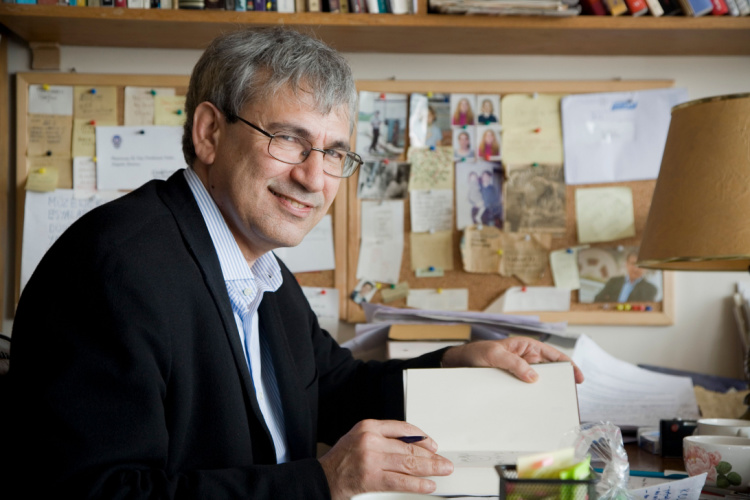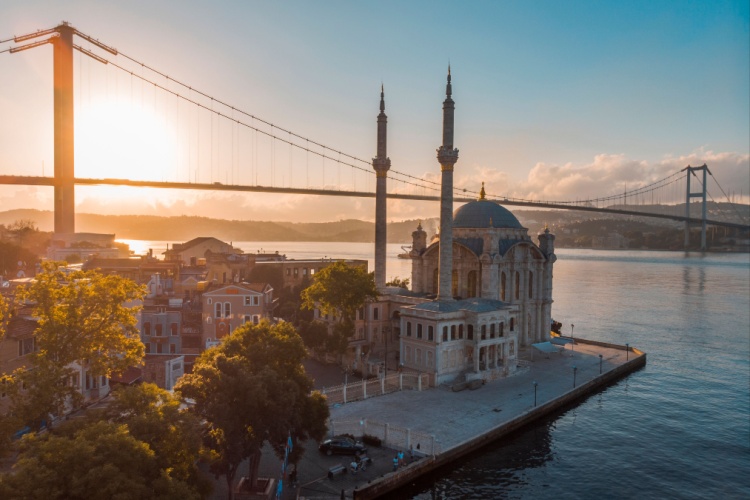
BLOG
- ELİTE WORLD HOTELS & RESORTS
- BLOG
- INTERESTİNG RAMADAN TRADİTİONS FROM ALL AROUND THE WORLD
Interesting Ramadan Traditions from All Around the World

There are millions of Muslims all around the world. Even though they accept the same religion and have the same worship, each Muslim community welcomes the month of Ramadan in accordance with their own culture. This special time, considered sacred, is the scene of many striking traditions! As an ancient Ramadan tradition in Turkey, mosques are decorated with lights called "mahya", while in other geographies, all streets and avenues are brightly illuminated. Let's have a look at the Ramadan traditions in different geographies around the world, from Egypt to Pakistan, from Indonesia to Uzbekistan.
Bright Egyptian Streets Illuminated by Lanterns
Egypt is one of the countries with deep-rooted Ramadan traditions. With the approach of Ramadan in Egypt, streets, houses, shops, and avenues are decorated with lanterns and paper lightings called "fanus". The hanging of these colorful and sparkling lanterns dates back to the Fatimid State, which ruled in the region centuries ago. These illuminations, which illuminate the surroundings and turn them into a festival area, can be considered one of the most colorful and interesting Ramadan traditions in the world. This tradition, which has survived to this day, represents unity and solidarity in Egypt.
Stunning Ramadan Cleansing in Indonesia
Many Muslims living on the island of Java have an extremely interesting tradition! They believe that they cleanse their souls and bodies with this tradition that they have kept alive. This tradition, which they call "Padusan", means purification and cleansing. In accordance with this tradition, before the first day of Ramadan comes, people wash themselves from head to toe in places such as the sea, lake, waterfall, river, pool, or in houses in order to prepare for this important time.
Enthusiasm in India: Seheriwalas
India, which has the title of being one of the most populous countries in the world, hosts people from many cultures and beliefs. Muslims living in India have a tradition that we are not unfamiliar with! This tradition, known as “Seheriwalas”, brings to mind our Ramadan drummers. These people who play drums are called "seheriwala". In this tradition, which dates back to the Mughal Empire, drummers recite odes accompanied by drums to announce that the time for sahur has come and to help Muslims to wake up.
Joy of Ramadan in the United Arab Emirates

In the United Arab Emirates, there is a tradition that resembles one of the familiar Ramadan traditions of children collecting candy. This tradition, called "Haq Al Laila" and meaning "for tonight", is very similar to each other, although it is called by different names in the Gulf countries. This tradition, which is an old emirate tradition and has been going on for generations, is practiced on certain days.
On these special days, children wearing colorful dresses collect candies by knocking on their neighbors' doors one by one and putting the candies they collect into cloth bags called "kharyta". This tradition is considered a national and indispensable cultural element of the United Arab Emirates.
Pakistani Women's Eid Preparation: Mehndi
During Ramadan in Pakistan, mosques are carefully decorated and made ready for the holiday. Apart from this, the "Chaand Rat" tradition is held one day before Eid al-Fitr. In this tradition, iftar tables large enough to accommodate crowded guests are set up in large, open areas. The last iftar of the year is held together at crowded tables.
A special dessert called "Celibi" is also served at these iftar tables. Women who start preparations for Eid have various patterns drawn on their hands with "Mehndi" henna. In the streets where henna stalls are located, shopkeepers decorate their shops in accordance with the meaning and importance of the day.
An Extraordinary Tradition in Uzbekistan: Kelin-salom (A Bride's greeting)
One of the Ramadan traditions of the Muslims continues to be kept alive in Uzbekistan. In this tradition, Muslims break their iftar with a cup of tea served in traditional cups called "piyale".
Another tradition is the “A Bride's greeting” practiced during Ramadan Feast and other religious holidays. The homes of newlyweds who spend their first Eid in their own homes are visited during the Eid. The newlywed bride lifts the edges of the white veil, throws over her head and greets the guests three times, one by one with her face visible. This tradition is called "A Bride's greeting" and has been passed down from generation to generation for centuries.
















